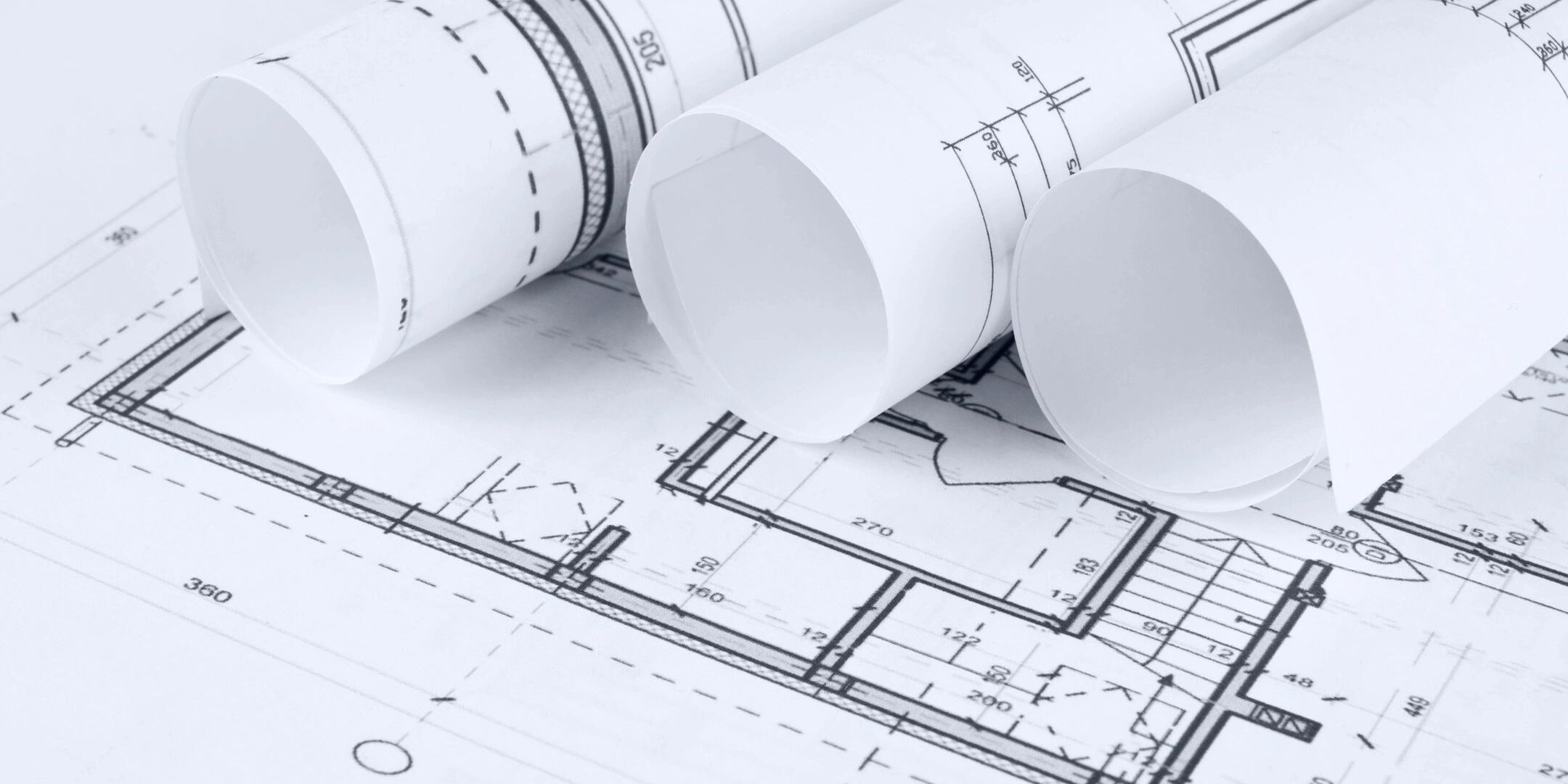Introduction:
Industrial zoning plays a pivotal role in regulating land use and fostering economic development in Brampton, Ontario. Understanding the different industrial zoning categories is crucial for businesses, developers, and property owners seeking to establish or expand industrial operations. This article provides a detailed overview of industrial zoning types in Brampton, including M1, M2, M3, and M4, and sheds light on minor variances. If you have any questions regarding zoning, feel free to contact us for further assistance.
M1 Zoning:
M1 zoning in Brampton is designated for light industrial activities, typically involving low-impact operations. Here’s what you can and cannot do within M1 zones:
Permitted Uses: Small-scale manufacturing, assembly, packaging, research and development, warehousing, storage facilities, laboratories, and office spaces are typically allowed within M1 zones.
Restrictions: Heavy industrial operations, large-scale manufacturing, and activities with significant environmental impact are generally prohibited. Compliance with noise, pollution, and environmental regulations is essential.
M2 Zoning:
M2 zoning in Brampton allows for a wider range of industrial activities, including both light and moderate-impact operations. Here’s what you need to know about M2 zones:
Permitted Uses: M2 zones accommodate medium-scale manufacturing, assembly, production facilities, processing plants, wholesale operations, warehousing, research facilities, and administrative offices.
Restrictions: Intensive manufacturing activities, hazardous material storage, and operations with potential adverse environmental effects may require additional permits or compliance measures. Noise, traffic, and environmental regulations must be followed.
M3 Zoning:
M3 zoning in Brampton is designated for heavy industrial activities that involve significant machinery, equipment, and potential environmental impact. Consider the following when working within M3 zones:
Permitted Uses: M3 zones allow for large-scale manufacturing, heavy industrial operations, fabrication facilities, recycling centers, waste management facilities, transportation terminals, and extensive warehousing.
Restrictions: M3 zones have strict regulations concerning noise levels, air and water pollution, waste management, and safety standards. Environmental assessments and permits may be required for specific activities.
M4 Zoning:
M4 zoning in Brampton includes designated employment districts that cater to a variety of industrial, commercial, and office activities. Here’s what you can expect in M4 zones:
Permitted Uses: M4 zones facilitate a range of activities, including research and development facilities, high-tech industries, corporate offices, logistics centers, distribution warehouses, and mixed-use developments that integrate employment and commercial uses.
Restrictions: While M4 zones offer flexibility, compliance with zoning regulations, building codes, and environmental standards is crucial. Specific activities may have additional requirements, such as parking provisions or noise mitigation measures.
Minor Variances and Contact Information:
In some cases, property owners or developers may require minor variances from strict zoning regulations to accommodate specific needs. Minor variances address small deviations that do not significantly impact neighboring properties or the overall intent of zoning bylaws. In cases where minor variances may be required, the Brampton Zoning Department is available to provide guidance and support. The Committee of Adjustment oversees the minor variance application process. For more information or to inquire about minor variances, please contact the Brampton Zoning Department. Or for additional support to find out what the minor variance is for a specific property, you may contact you Freeway Real Estates Inc., Brokerage.
For Additional Support or Information:
Understanding the different industrial zoning categories in Brampton, including M1, M2, M3, and M4, is essential for businesses, developers, and property owners. Adhering to the regulations within each zone ensures compliance, environmental responsibility, and harmony with neighboring properties. For any questions or further assistance regarding zoning, please don’t hesitate to contact us. Just leave us a message on what your question is, if it is regarding a specific property please tell us the address of the property. We will reply back to you quickly, for a quicker response contact us directly.






